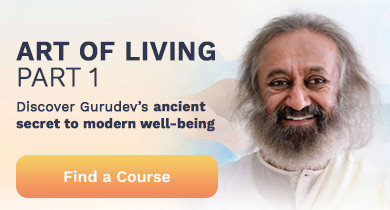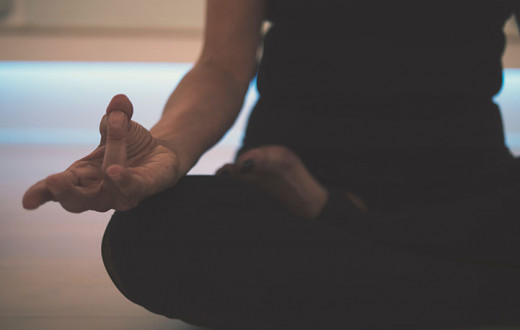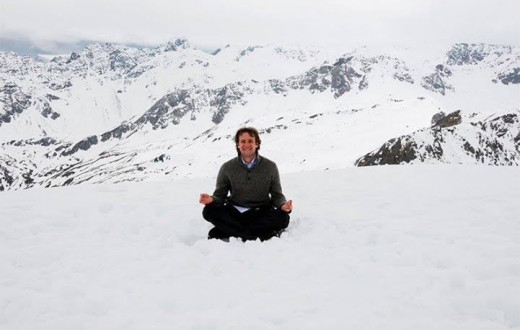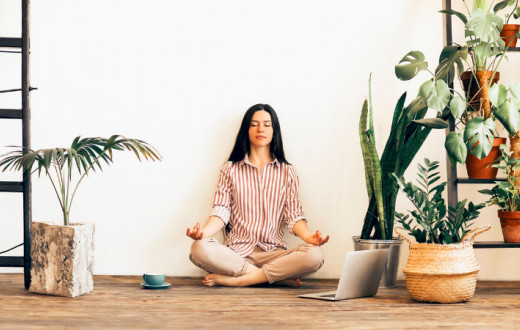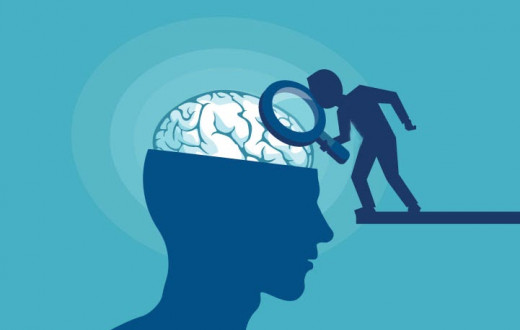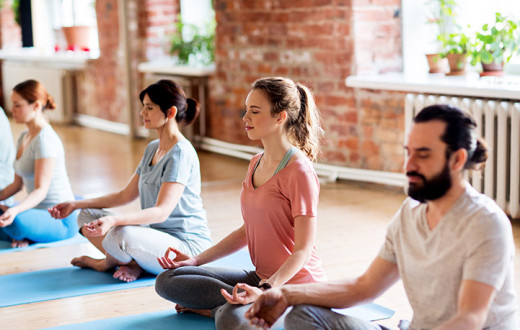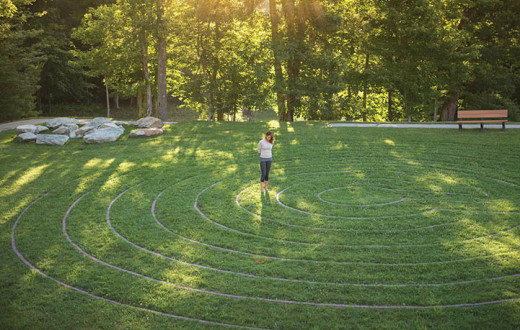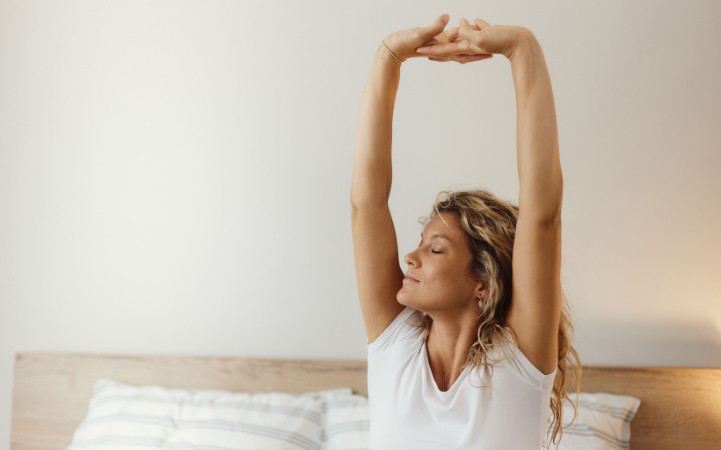
You sleep every night, but are you getting deep restorative sleep, aka beauty sleep? If you get only about six hours of sleep a night, you probably don't get enough deep sleep cycles. Deep sleep is what helps your skin restore!
Beauty Sleep FAQs

What is beauty sleep?
Simply put, beauty sleep is the right amount of sleep for your body, including your complexion, to recover and regenerate.
How much beauty sleep do I need?
Seven to nine hours is enough sleep to qualify as beauty sleep. The key thing to know here is that consistency matters. Don’t expect sleeping eight hours on the weekends to make up for sleep deprivation during the week. Lack of sleep and staying up late can make your skin look lackluster. It takes some time and discipline to make healthy habits routine. But the payoff in benefits, like more youthful skin, is worth it.
Do you age slower if you sleep more?

The short answer is no. Too much sleep is not good and doesn’t add any beauty sleep benefits. Sleeping more than eight or nine hours regularly could raise your risk of heart disease, obesity, stroke, diabetes, and depression. However, there are some cases when sleeping more than eight hours is okay. These include being sick, pregnant, injured, or as advised by a doctor.
What is the best time to sleep for healthier skin?
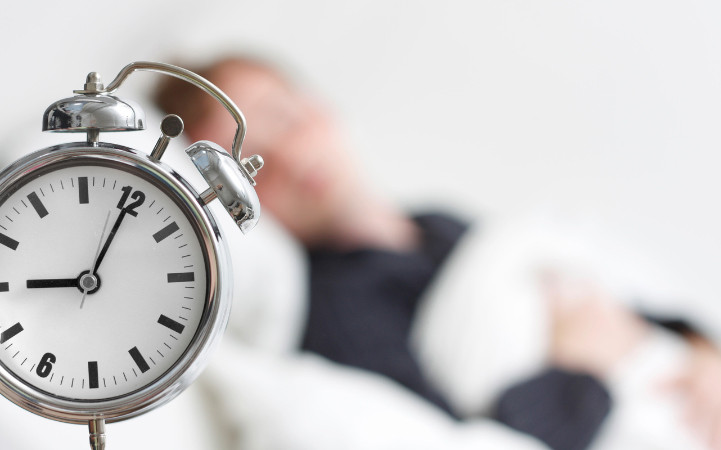
According to the ancient science Ayurveda, you should be in bed by 10 pm. The two hours before midnight are key to getting enough sleep and the right ratio of REM sleep and slow wave sleep.
Sorry, night owls, you’re skin may not be as radiant as it could be. Late bedtimes affect everything from the physical appearance of your skin to much deeper impacts.
How can I maximize my beauty sleep?

Having a nightly routine is a great start. But your daily routine also affects your ability to have a good night's sleep. The Ayurvedic clock, called Dinacharya, guides you on when to sleep, eat, and be active. Optimizing your daytime hours leads to more restful sleep.
Similarly, paying attention to the natural circadian rhythms (night and day) in a 24-hour cycle can help bring balance to your complexion. The amount of exposure to daylight affects the body’s internal clock and sleep patterns. Too much light exposure, including blue light, can throw off sleep cycles and affect the health of your skin. Not enough light exposure, and your body might not recognize when it's time to sleep.
Drinking water and staying hydrated helps, and so does using a humidifier in dryer seasons. But the most important in maximizing your beauty sleep is keeping stress at bay.
The Science Behind Beauty Sleep
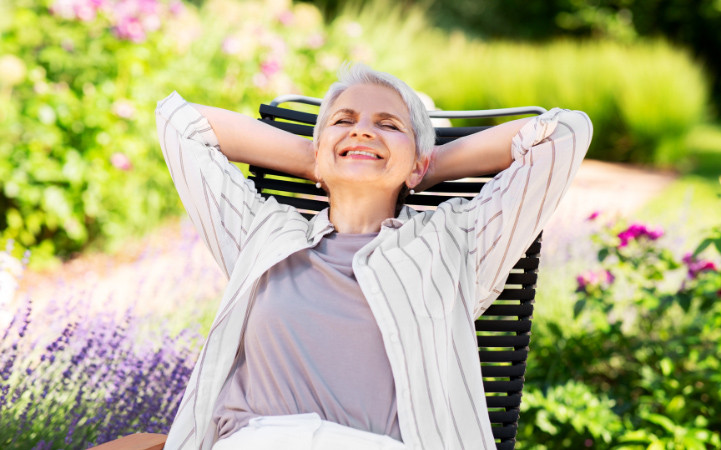
Since your skin is your largest organ, it would be good to understand a little of the science behind sleep and your skin.
During sleep, your immune system releases special proteins called cytokines. Cytokines not only promote sleep, but they also increase under stress or when infection or inflammation is on the rise. A lack of sleep may leave you deprived of these cytokine proteins.
Human growth hormone, also released during sleep, aids cell regeneration.
At night, blood flow to the skin increases, which raises body temperature and helps your skin repair.
Interestingly, researchers found that the body repairs skin cells damaged by the sun after a good night's sleep.
Signs of Insufficient Sleep
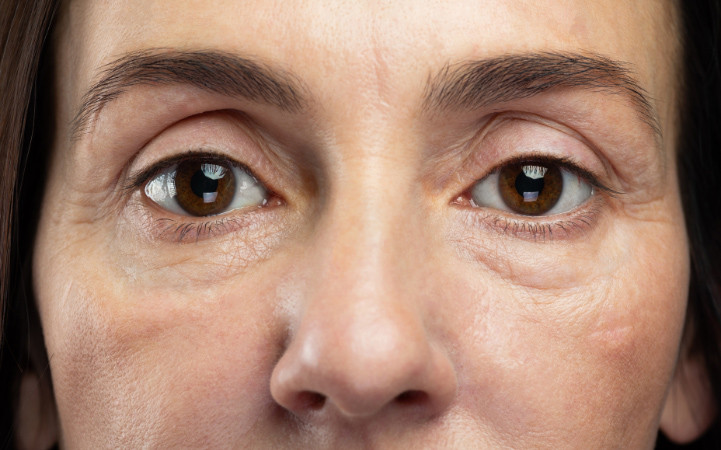
What happens when you don’t get enough sleep? You have an increased risk of obesity, diabetes, high blood pressure, coronary heart disease, stroke, and reduced life span. Luckily, there are signs of insufficient sleep that you can watch out for and get ahead of any serious illnesses.
Note: Many of these signs could also be from other factors. If you are experiencing several of these symptoms over a period of time, you need to prioritize sleep– not just for your skin’s sake, but for the sake of your overall health.
- Puffy eyes
- Reduced elasticity
- Feeling irritable
- Dark circles
- Uneven pigmentation
- Grogginess
- Under eye bags
- Lack of focus
- Red eyes
- Early aging
- Paler skin
- Increased breakouts
- Dry skin
- Increased wrinkles
Is anyone feeling stressed after reading this?
Quality Rest = Less Stress = Beautiful Skin

Lack of sleep makes you age faster and stops your skin from recovering from stress. This is why quality sleep, on a regular basis, is so important!
A good night’s rest aids the health of your skin and helps reduce stress hormones. When you are more rested, you handle stress better! When you are more rested and handle stress better, your skin is happier and more beautiful. It’s a win-win-win!
Many Benefits of Beauty Sleep

Skin-related benefits
- Quality sleep repairs the body
- Deep rest reduces the stress hormone cortisol
- Sleeping at least seven hours improves your complexion
- Deep sleep helps de-puff eyes
- Good sleep quality leads to fewer breakouts
- Beauty rest leads to fewer wrinkles
Deeper than skin benefits
- Increased self-esteem
- Controls stress hormones
- Reduced inflammation
- Longer, healthier life
Tips to Get More Beauty Sleep
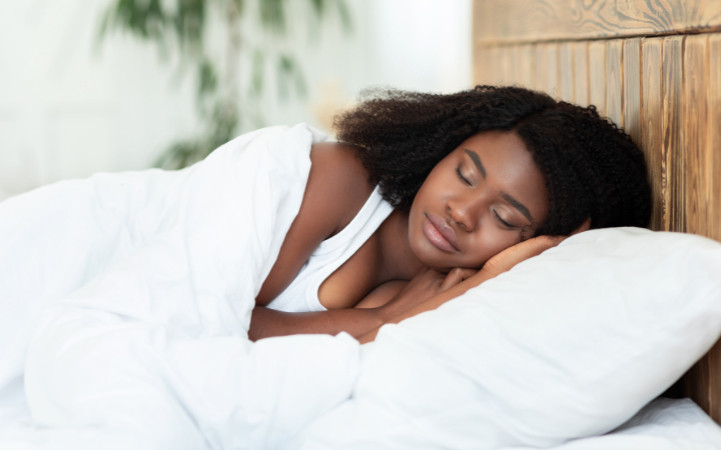
Learn a stress management technique to practice relaxation every day.
Make sure you exercise every day, at least a few hours before bed. It can help you fall asleep and stay asleep. It’s good to be a little tired before you go to sleep.
Before going to bed, don't use your phone, TV, computer, or other electronics. Exposure to the blue light from these devices before bedtime can make it difficult to fall asleep.
Spend your evening hours doing calming activities. Taking a walk, reading a book, taking a bath, or doing something creative can help you unwind well before bed.
Maintain a regular sleep schedule. Wake up and go to bed at the same times every day, even on weekends. And no napping too close to bedtime.
Make sure your sleep environment is quiet, dark, and on the cool side. You can also use earplugs and blackout curtains to make a space more comfortable for sleep. These reduce noise and light distractions.
Pay attention to other areas that influence your sleep. Changing diet and other lifestyle factors can improve the quality of your sleep.
Enhanced Deep Sleep With the Art of Living
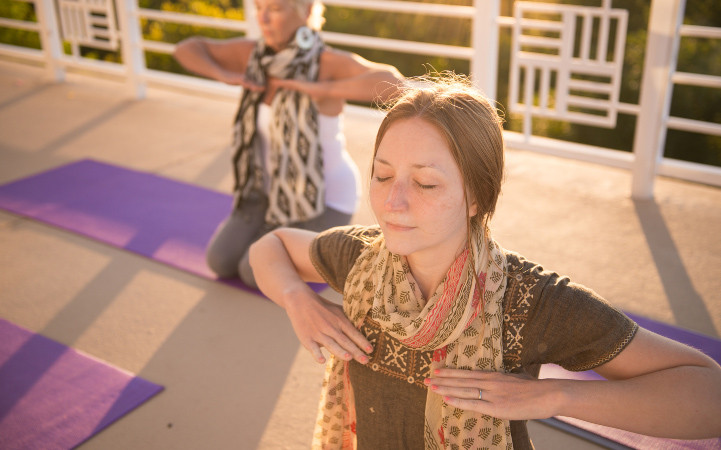
If you are struggling with poor sleep, disturbed sleep, or sleep deprivation, you need to lower the stress hormone cortisol. One of the very best ways to reduce cortisol is to practice SKY Breath Meditation. You can learn SKY in the Art of Living Part 1 course. Here’s a short list of benefits:
- Enhanced deep sleep
- 33% increase in immune cell count
- Up to 78% reduction in serum cortisol levels
- Improved respiratory function
- Healthier blood pressure
- Improved mental health
- Increased self-esteem
Many long-term SKY practitioners also report looking younger!
Register today for your Art of Living Part 1 course and breathe your way to enhanced deep sleep and more beautiful, healthier skin!
Related articles
Meditation for Sleep: Relaxation Techniques for Body and Mind
How to Sleep Better: 6 Tips If You Feel Tired All the Time
20 Minutes of Yoga Nidra Meditation: Restful as Deep Sleep
Can Meditation Replace Sleep? Find Out Before You Try It!
Can’t Sleep? Meditation and Ujjayi Breathing Can Help You
Sleep Music To Help You Fall Asleep Like a Baby! Try Tonight
Sleep Tips from an Ayurvedic Practitioner and Former Insomniac
How the Right Sleeping Direction Can Give You a Better Night’s Rest
How to Fall Back to Sleep and Feel Rested in the Morning
Wake Up Easier: Top 10 Tips to Start Your Day Fresh
Are You Meditating or Sleeping?- An Expert Explains The Difference Between Meditation and Sleep

